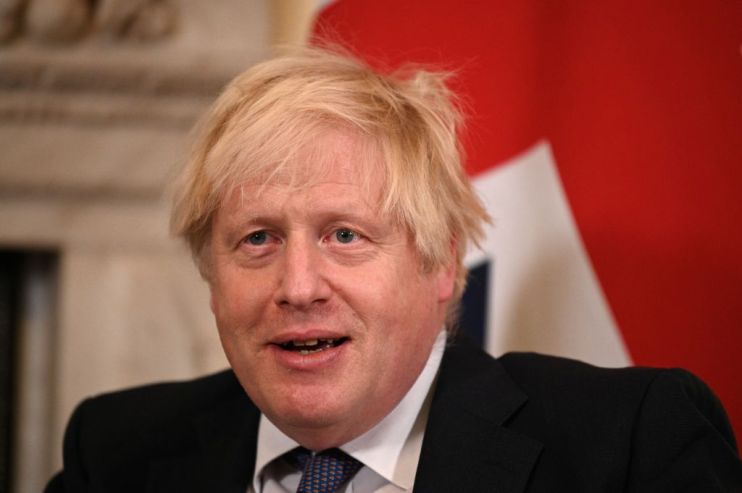Boris Johnson admits ex-MP Owen Paterson broke Westminster lobbying rule

Boris Johnson has today admitted Owen Paterson broke Westminster’s lobbying rules, just two weeks after his government tried to get the ex-MP off the hook for a recommended 30-day suspension.
Johnson told parliament’s Liaison Committee today that “there’s no question [Paterson] had fallen foul of the rules on paid advocacy as far as I could see form the report”.
Paterson was found by Westminster’s standards commissioner Kathryn Stone to have committed an “egregious” breach of parliamentary rules for earning £100,000 a year as a lobbyist for two firms.
He claimed that he did not get a fair hearing from Stone and partly blames the investigation for his wife’s suicide last year.
He was forced to resign, after Downing Street botched an attempt to veto his suspension.
The Prime Minister said ministers and Tory backbenchers teamed up to try and get Paterson off the hook, and simultaneously change parliament’s disciplinary process, in a series of votes because “it was put to me by colleagues people would feel … this was a particularly difficult and sad case”.
“It might have helped a bit if I’d said [at the time] Owen broke the rules as far as I can see,” he said.
Johnson added: “I think it was a mistake two weeks ago to conflate the very sad and difficult case of a particular colleague … and the need to, as many colleagues say it rightly or wrongly, improve or reform the system.”
Johnson yesterday proposed new rules that would see MPs banned from holding outside jobs as political consultants, while there will also be a mandate that parliamentarians need to “prioritise” their constituents over any secondary jobs they have.
Around 30 Tory MPs have consultancy jobs, however the vast majority do not involve any official political consulting and they would likely not be forced to leave their positions.
Sir Geoffrey Clifton-Brown, vice chair of the 1922 Committee of Tory backbenchers, nonetheless said a number of senior Tories were unhappy with the proposed rules.
Brown told the BBC: “There is [frustration]. Clearly the whole issue of standards and the motion tabled before the house and then a complete U-turn and now this… there is dissatisfaction on the backbenches and that is why the Prime Minister needs to make it very clear to MPs what he expects from us.”
There has also been confusion about how sternly the Prime Minister’s proposed new rules will be adjudicated.
Johnson wrote to House of Commons speaker Sir Lindsay Hoyle to say any outside job by MPs should be “within reasonable limits and should not prevent them from fully carrying out a range of duties”.
International trade secretary Anne-Marie Trevelyan said Johnson was “taking the lead” on the sleaze scandal, before adding that around 20 hours a week of work outside parliament should still be acceptable.